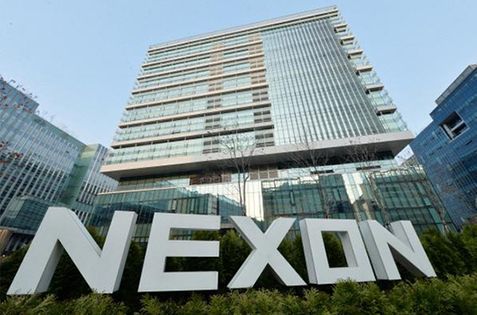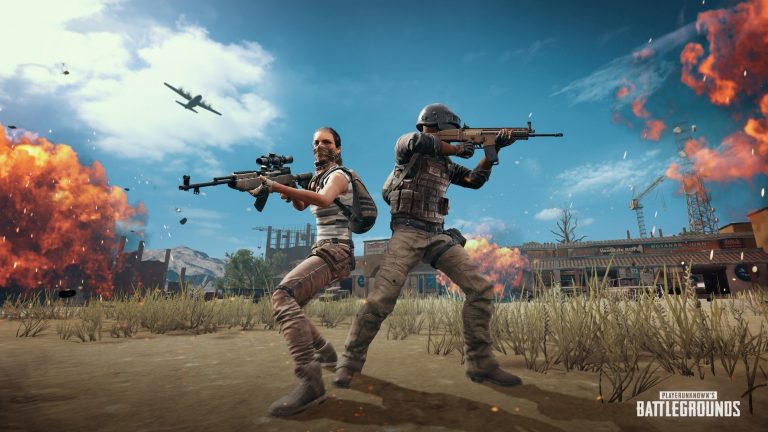Nexon – Kim Jung-ju Founded The Company While Pursuing A Doctorate At KAIST.
Pioneering in the world of digital entertainment, Nexon is a world-famous video game publisher. The company has brought several innovations into the gaming industry since 1994. For example, it was Nexon that first introduced a massively multiplayer online role-playing game (MMORPG) in the world. The founders of the company are Kim Jung-ju and Jake Song and the current CEO of Nexon is Owen Mahoney. Though Nexon is famous all over the world as a Japanese enterprise, it was originally a South Korean venture in the gaming industry. At present, the headquarters of the company is based in Tokyo, Japan. Nexon has a very large market and it is the fourth largest online gaming company in Asia. The company offers video games for both PC and mobile users.
Foundation & Initial Expansion
In 1994, the two founders, Jung-ju and Song founded Nexon in Seoul, South Korea. Two years later, in 1996, the company published its first video game, Nexus: The Kingdom of the Winds, which still today is available in the market. Many other titles followed this including QuizQuiz, Elance, Shattered Galaxy, and many more. After a few years, the company went into a mutual agreement with Solid Networks in 2000 and started its online gaming service in Japan. After a couple of years, the alliance with Solid Networks was dissolved and Nexon Japan Co., Ltd was formed as a subsidiary of the parent company. Though the company initially opened offices in South Korea and Japan, the games were available in several locations including Taiwan, China, Thailand, Brazil, Vietnam, Europe, Singapore, and North America.
As the Japanese market of Nexon was expanding very rapidly the company decided to move its location to Tokyo. So, in 2005 the company relocated its headquarters, but South Korea’s market was also operational. In the same year, the company also entered the American market and established NX Games Inc. In 2008, Nexon made a big acquisition when it acquired Neople Inc. Through this wholly-owned subsidiary, the company became the developer of Dungeon & Fighter which is one of the most popular video games in China. In 2009, the company changed its name from Nexon Corporation to Nexon.

Present Days
In 2010, the South Korean business of the company acquired two companies in a row. They are Ndoors Corporation and GameHi Co., Ltd. The Korean business changed its name from Nexon Corporation to Nexon Korea Corporation in 2011. Eventually, the company decided to go public and filed its IPO by the end of 2011. The IPO was the largest in Japan in that year and also the second-largest for a technology company that year worldwide. A few years later, Owen Mahoney became the CEO and President of the company.
Under the new leadership, the company eventually expanded to Taiwan in 2015. In 2016, the company acquired Big Huge Games in the United States followed by i Digital Connect Co., which eventually became Nexon Thailand Co., Ltd. Two more companies that have been acquired in recent years are Pixelberry Studios and Embark Studios AB. In 2020, Nexon showed interest to invest an amount of $1.5 billion in listed entertainment companies. But the company also announced that it doesn’t have any interest in acquiring the companies that it is investing in. Recently, AGBO, a film production company has sold a $400 million minority stake to Nexon which is currently valued at $1.1 billion.
The Man Behind The Success
Kim Jung-ju is a South Korean businessman and an investor. He co-founded the company, Nexon while pursuing a doctorate at KAIST. Nexon is currently the largest gaming company in South Korea and under Kim’s leadership, the company released many innovative developments that the world has witnessed for the first time. Unfortunately, Kim passed away at the age of fifty-four and before his death, he was receiving treatment for severe depression. When he died, he was the third-wealthiest person in South Korea.

Annasha Dey is an NIT student, who apart from studying engineering is also a content writer. She has a great interest in photography, writing, reading novels, and travelling as well. She is a foodie who loves socializing and hanging out with her friends. She is also a trained Kathak dancer and a big fashion enthusiast. Dey also loves watching TV series, which includes F.R.I.E.N.D.S. and Big Bang Theory. To be a better writer she prefers to read more


